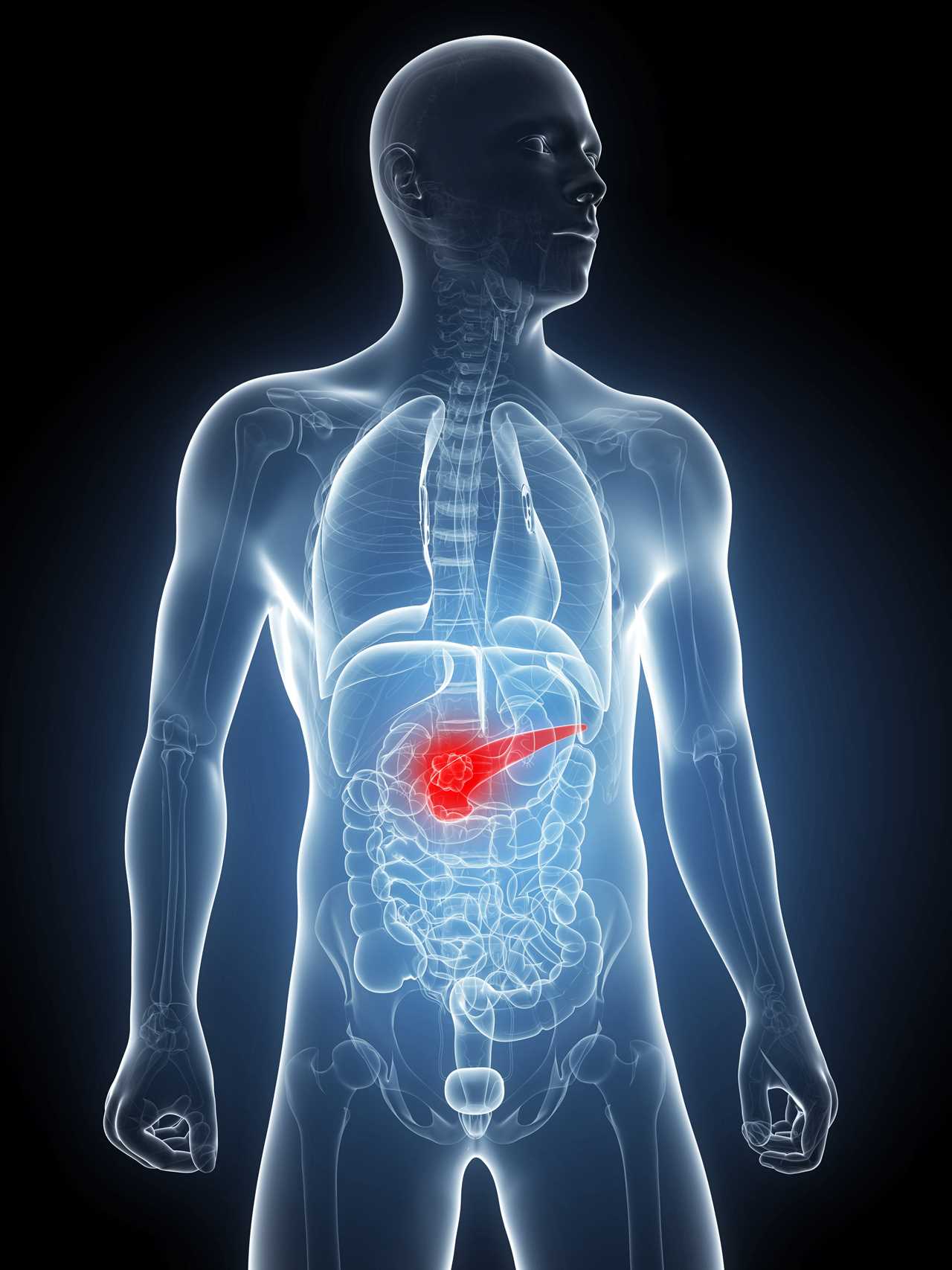BEING told you have cancer is always going to be devastating.
Even if it’s caught early and the chances are good, it will still be scary news to hear.

But even more frightening is being told tumours have been found too late.
This can happen with cancers that don’t show up in many symptoms until they are affecting other organs or parts of the body.
That’s why it’s important to know any warning signs that could mean this has happened, to act as fast as possible.
Pancreatic cancer is known as the silent killer because it’s hard to diagnose early – it does not cause any signs or symptoms at the early stages.
According to Pancreatic Cancer UK common symptoms include tummy and back pain, unexplained weight loss and indigestion.
It is most common in older people, with almost half of new cases diagnosed in people aged 75 or over – but this doesn’t mean younger people can’t develop it.
As with all cancers, there are certain things can can increase the risk of developing the disease.
According to Cancer Research UK cigarettes, cigars, pipes and chewing tobacco all increase pancreatic cancer risk. They found that nearly 1 in 3 pancreatic cancers (about 30 per cent) may be linked to smoking.
Heavy drinking is also a risk factor, as is being overweight and having diabetes. Pancreatic cancer can also sometimes run in families.
There are seven things to watch out for, that could mean you need to get checked out by a doctor.
If your back or stomach has started hurting and won’t ease, it might be caused by a tumour.
Depending on the location it could be pushing against nerves or organs near the pancreas.
Feeling bloated a lot could also be a sign of the cancer, as digestive problems could be sparked.
This would cause gas and bloating, and in some cases a build up of fluid in the abdomen.
Digestion issues like a loss of appetite, indigestion and nausea are also common in people with pancreatic cancer.
Weight loss for no obvious reason is also a sign the digestive system has taken a hit due to the cancer.
It can mean the body is burning more calories than usual and breaking down muscle caused by incomplete digestion.
KEY SIGNS
If you notice your eyes or skin look yellow this is a sign of pancreatic cancer. It’s called jaundice and is caused by the build-up of bilirubin – bile.
This happens when a tumour blocks bile going form the gallbladder into the small intestine.
Someone with jaundice might also have itchy skin, dark urine and lighter stools.
On the topic of stools, if your poo has changed a lot it could be a warning sign.
Pancreatic cancer patients often have bathroom problems, suffering with diarrhoea or constipation.
And finally if you have recently been diagnosed with diabetes, or are suddenly finding your usually well-controlled diabetes is less so, this is something to keep an eye on.
Research has shown onset of type 2 diabetes in people older than 50 could be an early sign of pancreatic cancer.
It’s especially likely in people with a low body mass index, who are losing weight and who don’t have family history of diabetes.






